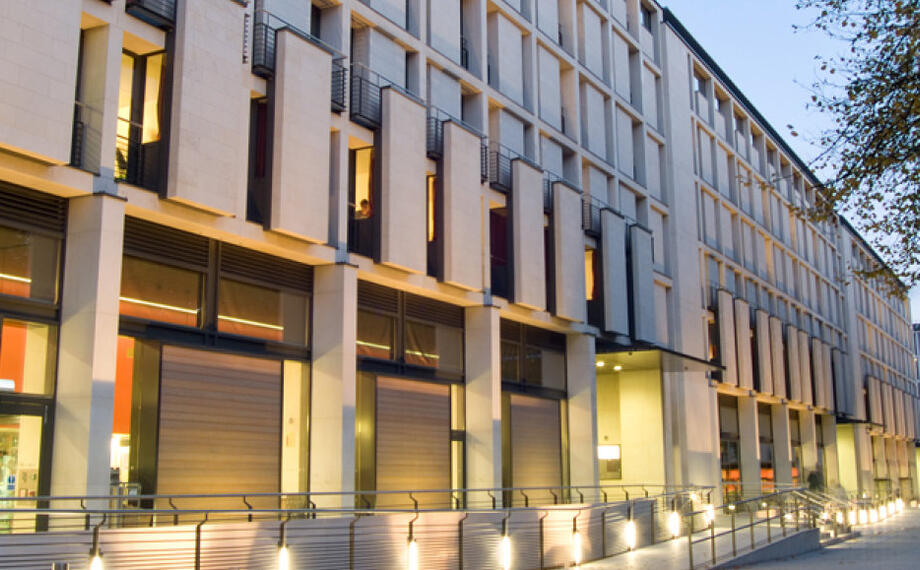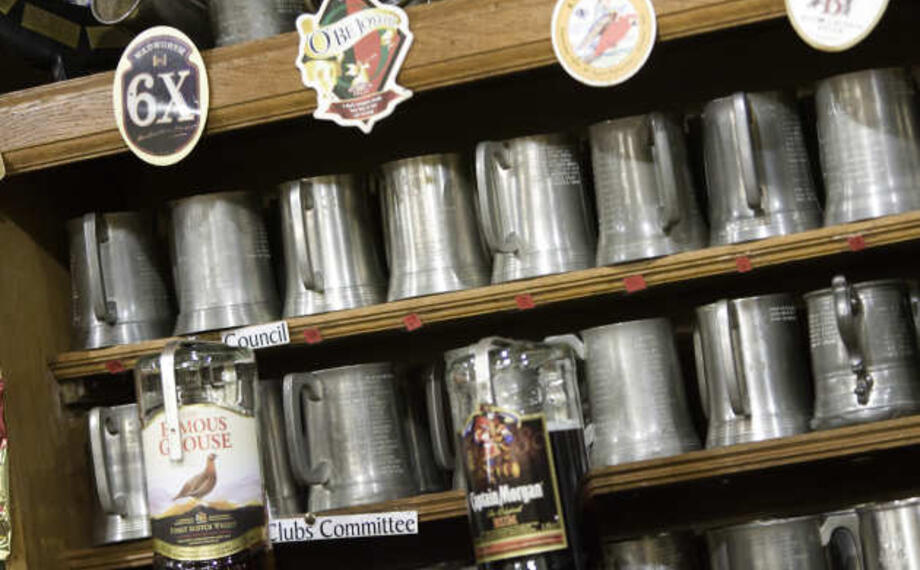
BSc Economics, Finance
and Data Science
3 years
Applications are now closed
£9,535 Home | £42,700 Overseas
London, UK
Combining the power of finance, economics and data science
A unique degree for analytical thinkers who aspire for global impact
Our BSc Economics, Finance and Data Science has a distinctive curriculum, designed by leading academics at the forefront of each discipline with input from industry and public policy leaders.
Through a unique combination of subjects, you will develop the analytical skills and coding capabilities required by the next generation of economists, policy experts, business leaders, and researchers to address the big issues of our time.
You will enjoy the benefits of studying in London at a global top 10 university, learning both inside and outside the classroom. You will be a member of the Imperial London community and welcomed into Imperial Business School, where you can also benefit from our network of students, alumni and employers.

The first degree of its kind in the UK

First of its kind
Combining the power of economics and finance with the learning of data science, Imperial is changing the way these subjects are taught, introducing the first ever BSc Economics, Finance and Data Science, designed to meet the demands of the future.

London location
Study in a global hub for business and finance, learn across our South Kensington and White City campuses, and benefit from our relationships with major employers, offering valuable industry connections and helping you build a global perspective.
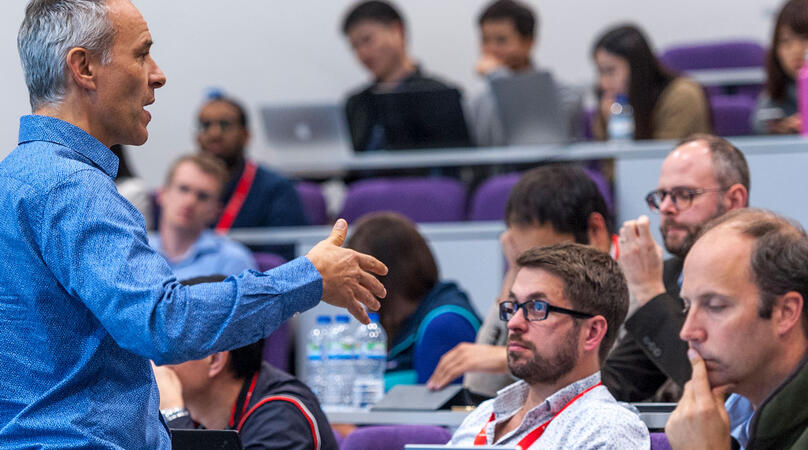
World-class faculty
This pioneering degree was designed by thought-leaders in the fields of finance, economics and data science, creating a comprehensive and innovative programme for the next generation of economists, financiers and emerging leaders.
Programme content
Imperial's BSc Economics, Finance & Data Science is a three-year, full-time programme that is both in-depth and tailored to you, involving a combination of scheduled teaching, independent learning, and coursework.
You will be taught through lectures, tutorials, as well as computing labs. In the first two years, you will get a solid grounding in all subjects, with the flexibility to specialise in one area in year three.
Please note that these are subject to change and more may be added over time or removed based on programme feedback. Registered students and staff will be consulted and informed in a timely manner.
View an example BSc Economics, Finance & Data Science timetable
In year three, you design your learning by choosing from an array of electives spanning finance, economics and data science, as well as other areas of expertise offered by the Business School. You may concentrate in one area in order to specialise, or mix them for a broader learning experience.
Economics
To understand the causes and possible solutions of key issues such as climate change, global inequality, and economic development, you will explore economic frameworks that analyse how people, firms and governments behave and interact with each other to determine income, wealth, and well-being.
Finance
You will develop a core understanding of financial markets, financial institutions as well as the design of financial instruments. In accounting modules, you will construct and interpret financial statements, and in corporate finance, you will explore how firms can maximise value through financing and investment decisions.
Data Science
You will learn to programme from the outset, which alongside modules in machine learning, databases and cloud computing, will offer you the tools with which to address a wide range of empirical questions, using both small and large datasets.
Assessment
We will use a mix of assessment types to ensure we are able to assess your learning in the best way possible. This could include:
Exams
Quizzes
Essays
Simulations
Computing practical assessments
Presentations
Group work
Year one modules
You will complete nine compulsory modules in your first year, starting in the Autumn term.
Mathematical Foundations
Probability & Statistics
Introduction to Data Science
Big Issues in Economics and Finance
Essential Skills 1: Self-awareness and Effective Collaboration
Accounting
Microeconomics 1
Macroeconomics 1
Data Structures and Algorithms
Year two modules
In year two, you will build upon the knowledge and skills gained so far with a further nine compulsory modules.
Microeconomics 2
Econometrics 1
Machine Learning
Corporate Finance and Capital Markets
Macroeconomics 2
Econometrics 2
Operations Research
Databases and Cloud Computing
Essential Skills 2: Creative Problem Solving
Year three modules
In year three, you will apply your learning to a final group project, explore a module from a different discipline, complete your essential skills journey, and choose five electives, tailoring your choices to focus on a particular area if you so wish.
Final Project: Questions and Methods
Final Project: Report
Essential Skills 3
I-Explore: Choose options from other departments at Imperial
Options across Economics, Finance and Data Science
Options across Economics, Finance and Data Science may include modules such as:
Industrial organisation
Health Economics
Advanced Machine Learning
Economics and Finance of Climate Change
Development Economics
Advanced Macroeconomics
Behavioural and Experimental Insights
Derivatives and Structured Products
Financial Engineering and Stochastic Calculus
Investment and Portfolio Management
Mergers, Acquisitions and Private Equity
Big Data for Economic Growth and Development
Class of 2028
Meet the classNext steps
Your future
The BSc Economics, Finance and Data Science is set against the backdrop of increasing demand for graduates with academic training in economics and finance whose analytical skills are complemented by data science and coding capabilities. You will develop the skills needed to succeed in a range of roles in industries such as technology, finance, consulting and the public sector, including central banks, regulatory bodies, as well as think-tanks and international organisations.
Meet your faculty
Our world-class faculty* are leaders in the field of business practice. They combine theoretical knowledge from their cutting-edge research with the latest practical insights from their extensive network with industry and government.
*Faculty members teaching on this programme are subject to change.
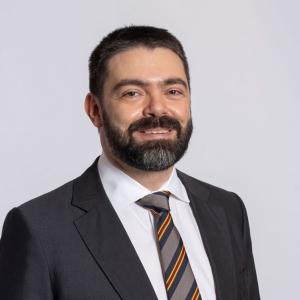
Pedro Rosa Dias
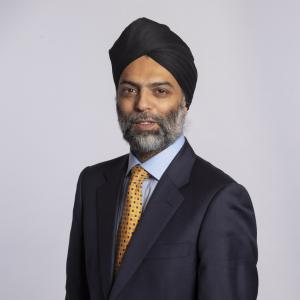

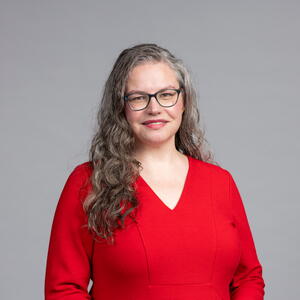
Maria Farkas
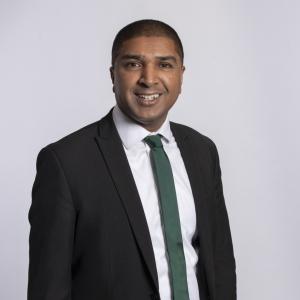
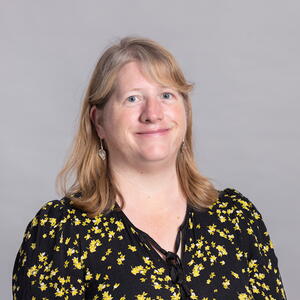
Cloda Jenkins
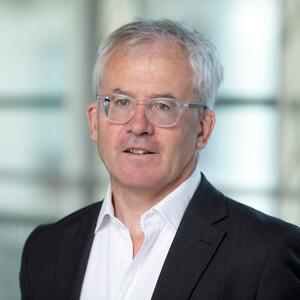

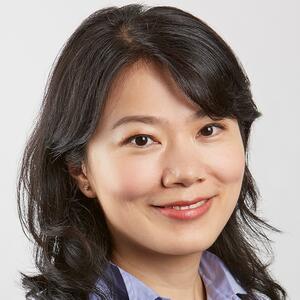
Start your BSc journey today
Frequently asked questions
The degree offers an in depth study of Economics at the undergraduate level and will prepare you for further study in that field if you choose that path. You will get a solid grounding in all three subjects in your first two years with the option to specialise in economics or any of the other two areas in your third year if you so desire.
We will consider applicants who have retaken subjects. As part of completing your UCAS application, you are required to provide a complete academic record which is true and accurate. We will be looking at whether you've managed to improve on your previous grade, and whether your newest predicted or achieved grade is realistically achievable and meets our minimum entry requirements.
You can find details of campus events and opportunities, such as Open Days here.
If you are unable to make these dates, a virtual tour of our campus is available here.
Regrettably, we are not able to accommodate requests for individual visits and meetings.
The application timetable for 2027 entry applications can be found on the UCAS website on this page.
Applications for October 2026 entry are now closed. You can register for updates on the process by signing up to our mailing list.
There are no specific GCSE requirements for this course. However, we do consider your GCSE grades when assessing your application and will review these alongside other areas. You should not be put off if you do not have strong GCSE grades; excelling in your A Levels / equivalents is the more important area in terms of achievement.
No. The only subject specific requirement is Mathematics. See minimum entry requirements on the how to apply page.
We will teach you all the economics, finance and data science that you need to know to be successful on our degree - we assume there's no prior ability in any of these subject areas when you start our degree.
However in the application process, we do expect you to demonstrate your knowledge and interest, and curiosity about the integration of our three subjects; however convincing evidence about economics, finance, or the combination of the two will also be acceptable.
Imperial College London considers IELTS scores to be valid for 2 years. Scores must be valid at the beginning of your studies at Imperial if your application is successful.
For more information regarding IELTS please visit our English language requirements page.
There are no advantages to applying by the October deadline, used by Oxford and Cambridge, or the January deadline. All applications received by the January deadline will be considered equally. We do not consider late applications, received after the January deadline.
Please note, whenever you choose to submit your UCAS application, it is still a requirement that you register for and sit the TMUA test, ideally in October.
Our minimum requirement is that you get an A* in Mathematics. Further Mathematics is not a substitute for this.
To be eligible for selection for this course, it is mandatory to sit the Test of Mathematics for University Admission (TMUA) as part of the application process.
You take the TMUA within a Pearson VUE test centre.
You can choose from a global network of test centres in more than 5,500 locations in over 180 countries.
Visit the Pearson VUE website, where you will be able to:
- create an account
- find your nearest test centre
- book and pay for the test
If you are a Home fee applicant, and meet the Imperial College criteria for widening participation applicants, you will get an automatic invite to interview if you have predicted grades of AAA including an A in Mathematics in A-levels or equivalent. The interview will be used to discuss your motivation for our degree and to find out more about your potential to enjoy and succeed on our degree. Any conditions contained in a potential offer if your application is successful, will be determined following the interview
No - we understand that our course is quite unique and other Economics/Finance courses do not incorporate Data Science like we have. We have an online blog written by a member of the academic faculty on how to write a personal statement.
We will consider applicants who have retaken subjects. As part of completing your UCAS application, you are required to provide a complete academic record which is true and accurate. We will be looking at whether you've managed to improve on your previous grade, and whether your newest predicted or achieved grade is realistically achievable and meets our minimum entry requirements.
Yes. The BSc Economics, Finance and Data Science Offer Holder Day gives applicants with an offer of admission the opportunity to learn more about Imperial College; our campus and facilities, meet Imperial students and staff, and find out more about studying at Imperial and life in London.
If you require a student visa to study in the UK, you will need a Confirmation of Acceptance for Studies (CAS) from Imperial for your visa appointment. You will not need to request a CAS, simply follow the application process and we will generate a CAS when you are eligible to receive one.
To get it, you will need to:
- have met all of the conditions of your offer (have an unconditional-firm status).
- have indicated that you require a Tier-4/Student-route visa.
- have provided us with a colour copy of the passport that you intend to make your visa application with. This will need to be uploaded on your MyImperial portal.
- If you are under 18 years of age, you must have completed/submitted the minors' declaration. Please ensure that you allow enough time to meet your conditions and apply for a visa before the start date of your programme of study.
Please bear in mind that the central Admissions Office are extremely busy over the summer months and will be processing CAS's as quickly as they can. Please be patient during this time and do not keep emailing to ask where your CAS is as this will only delay the process further.
Ensure that you allow enough time to meet your conditions and apply for a visa before the start date of your programme of study.
For advice on completing your Visa application once your CAS has been issued, please visit the International Student Support team webpages.
Imperial has an International Student Support team who can help you with your visa application and any immigration queries you have.
We accept a wide range of qualifications for entry to undergraduate study at Imperial.
Please refer to Imperial website to find the international entry requirements for this course.
If your qualification is not included, it might not be accepted for entry. You can check with the Recruitment & Admissions team for confirmation.
We welcome students from all over the world and Imperial College has a standard system for converting different country systems into A-level equivalents. You can find details on the college website.
If your qualification system or country is not listed, it may be that we would require you to complete qualifications from another system, such as Advanced Placements, however you can contact us and we can review your specific query.
Five reasons to choose Imperial’s MSc Strategic Marketing (online, part-time) and advance your career
If you’re a professional who wants to accelerate your career and advance your marketing expertise while continuing your role, online study is a practical way to reach your goals.

BSc Economics, Finance and Data Science Students in Paris: career insights
Our BSc Economics, Finance and Data Science students visited leading organisations such as L’Oreal, Alstom and AXA on a trip to Paris, gaining insight into how they use AI and technology to drive innovation.
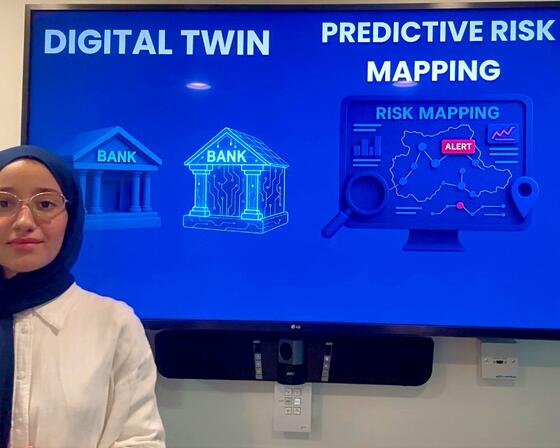
From competition to internship: working with the Bank of England as a BSc Economics, Finance and Data Science student
Jamillah Thabet, one of our BSc Economics, Finance and Data Science students, reflects on her Bank of England Innovation Competition win and learnings from her summer internship.
